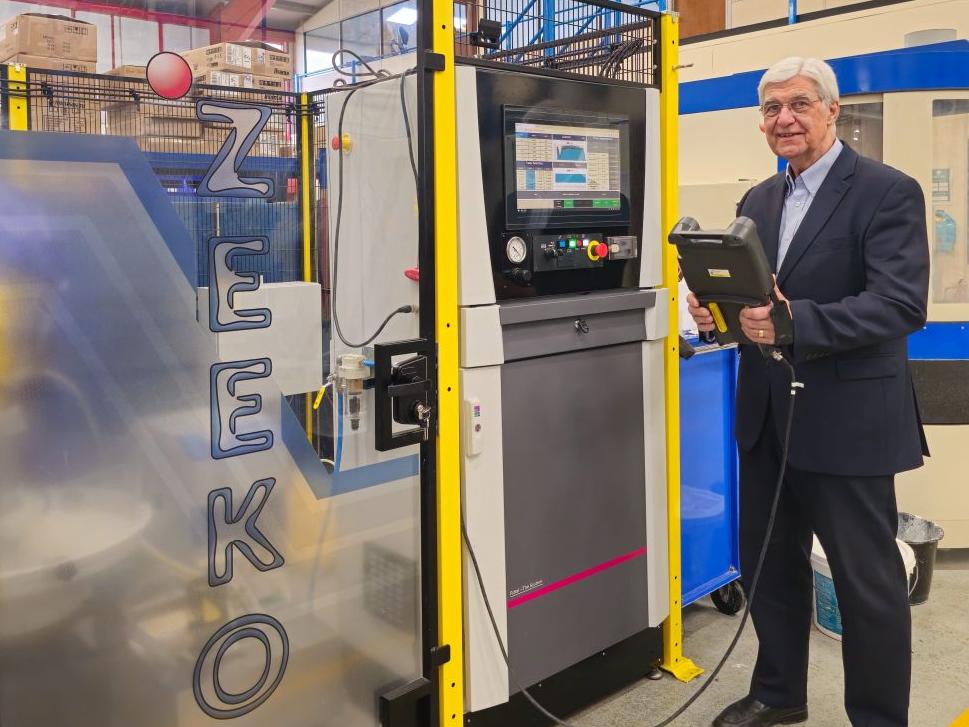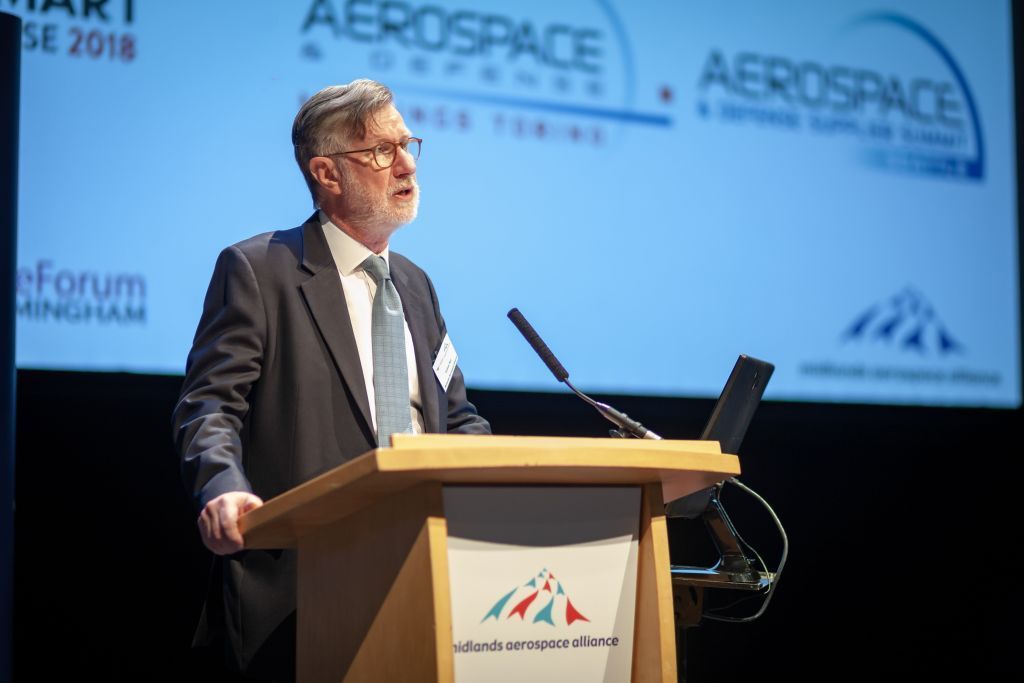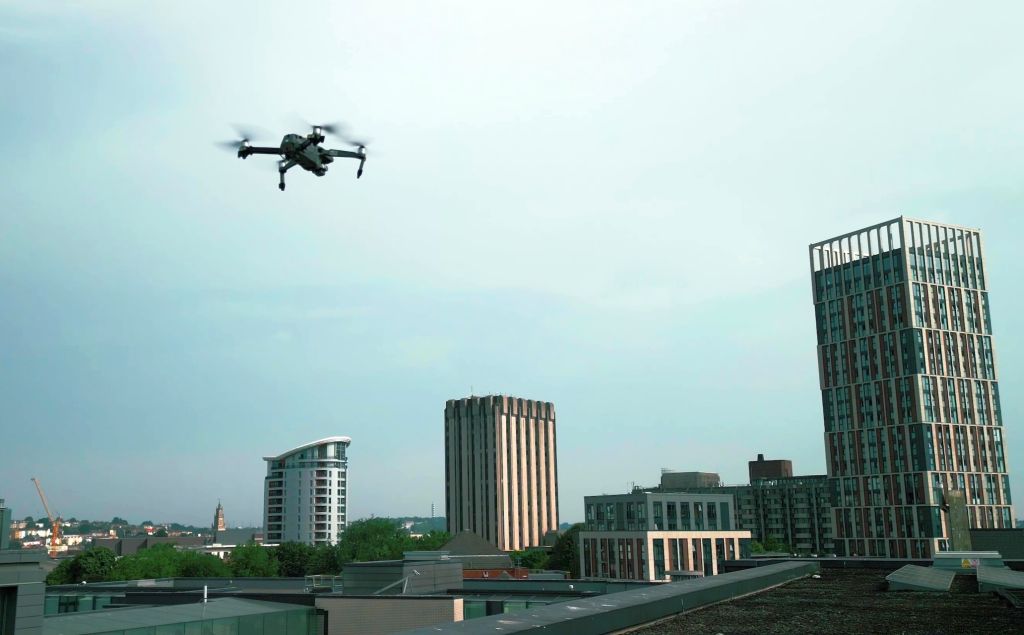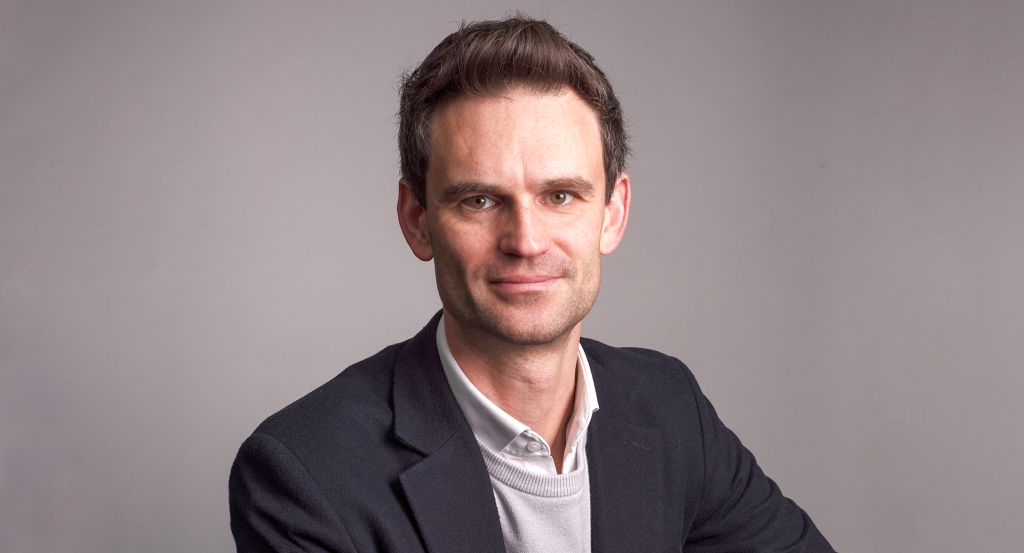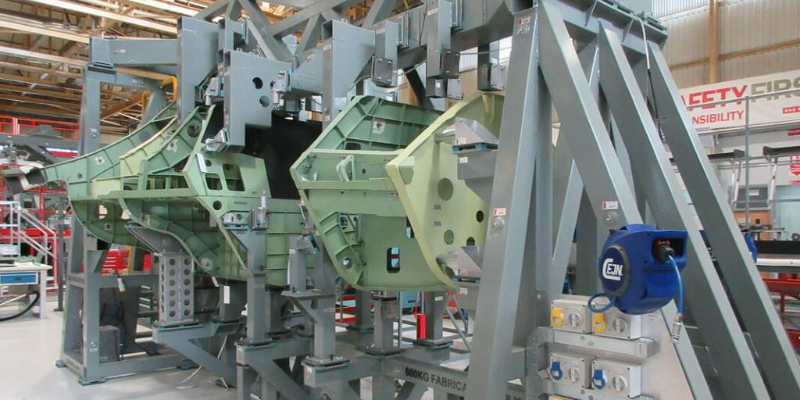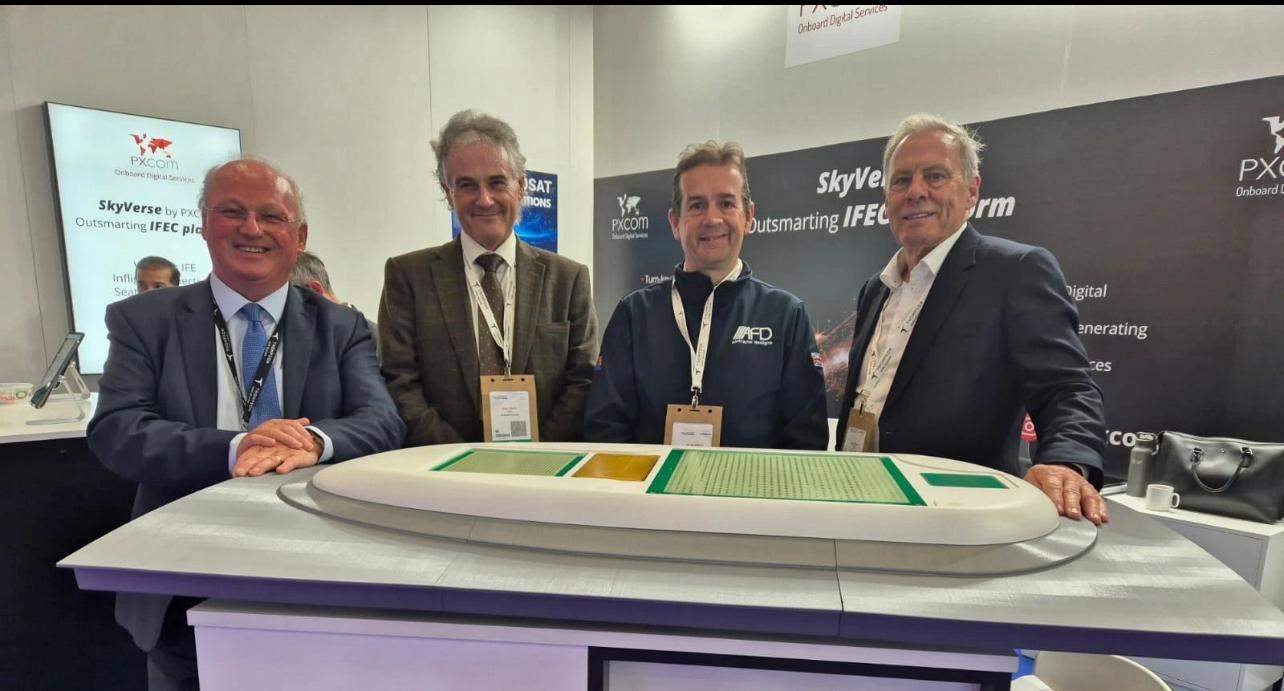
Birmingham plays host to global aerospace industry
29th Mar 2019 | In News | By Mike Richardson
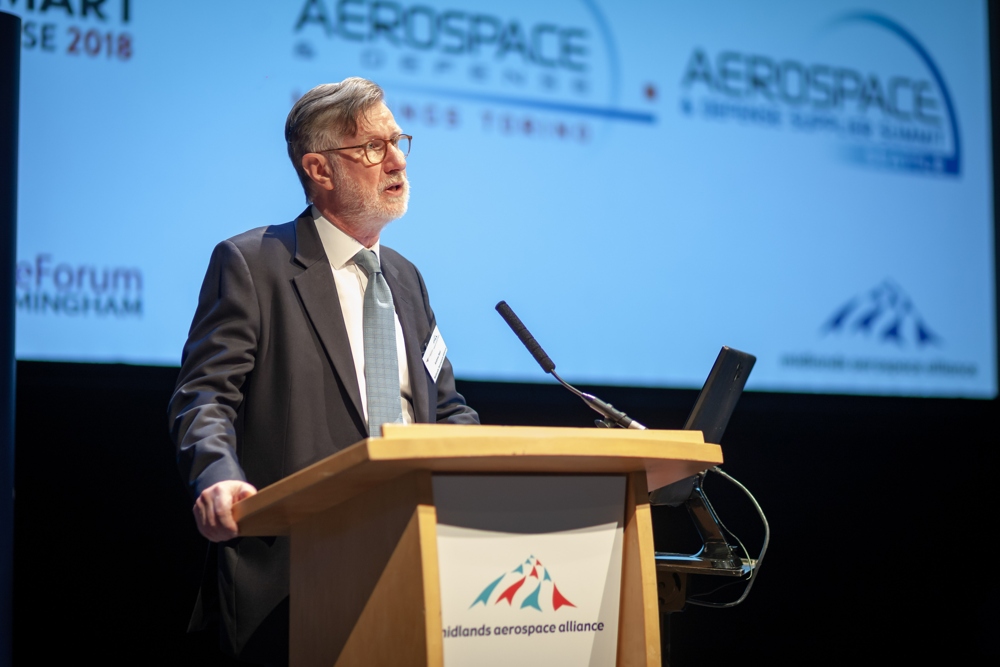
Just days before the UK was supposedly due to exit the EU, Aerospace Forum Birmingham 2019 addressed the fall-out of Brexit against a backdrop of how Midlands aerospace manufacturers can exploit global growth in demand, with an additional 33,000 aircraft required over the next two decades and the industry doubling in size in 15 years.
Between 19–21 March, delegates descended on Birmingham’s International Convention Centre to grapple with the hot topics facing the global aerospace sector. Aerospace Forum Birmingham 2019 provided the perfect platform to explore how new technologies and innovations can help businesses benefit from rising demand – and share concerns about Brexit.
The forum is one of the highest profile events in the aerospace calendar and Birmingham was proud to play host to leading businesses and industry figures. Delegates spent three days deliberating over the pressing issues facing aircraft and engine makers, first-tier suppliers and the global supply chain.
Day One featured a major international conference coordinated by Midlands Aerospace Alliance (MAA). The centrepiece was the insight offered by ten keynote speakers who discussed how the Midlands’ aerospace industry can secure a competitive advantage in the global market whilst mitigating the risks around Brexit. West Midlands Mayor Andy Street officially opened the conference, followed by prominent aircraft and engine makers and first-tier companies explaining to delegates what technologies and capabilities they need from their supply chains.
Simon Burr, Director of Engineering and Technology – Civil Aerospace at Rolls Royce, talked about the importance meeting rising global demand now while simultaneously preparing for disruptive technologies which are set to change the face of manufacturing in future decades. The aerospace supply chain needs to move with the times and embrace innovation to boost productivity and competitiveness.
Delegates also heard how UK manufacturers are responding to rising demand by embarking on bold investment programmes. For instance, Mike Platt, SVP General Manager MCS UK at Meggitt, talked about how the manufacturer is building a £130m “super site” at Ansty Park near Coventry. The facility will be home to 1,000 employees, creating a new international headquarters and hub for aerospace innovation and research and development.
Regional businesses were encouraged to work together through the MAA to overcome whatever hurdles stand in their way as they seek to exploit new opportunities. David Best, Head of Business and Strategy at Airbus UK, explained how the OEM is taking the lead in tackling skills shortages in its supply chain, whilst Ed Dryden, Vice-President Actuation at Collins Aerospace discussed using human resources more effectively by addressing diversity and inclusion.
Meanwhile, Annette Rothwell, Vice-President, Operations Excellence, at Esterline, explored how aerospace supply chains can become more efficient. In her role as chair of MAA’s supply chain performance group, she encouraged Midlands aerospace companies to work together in clusters and take advantage of the support and guidance of larger companies in the network to boost productivity.
The second conference session focused on how the current climate of uncertainty is affecting the sector. During the panel discussion, delegates voiced their frustration about government’s constant change of direction and Make UK’s chief executive Stephen Phipson emphasised the need for Whitehall to have a productive dialogue with industry and give meaningful advice on how to respond.
Frank Jansen, Managing Director for the Netherlands Aerospace Group, gave a speech urging SMEs to build their resilience by investing in skills, plant and technology. The Department for International Trade’s aerospace business specialist, Chris Gane, also endorsed taking a proactive approach by exploring new export opportunities.
Indeed, despite anxiety around Brexit, industry leaders were keen to emphasise the huge growth opportunities within aerospace. Air traffic is doubling every 15 years and it is anticipated an extra 33,000 aircraft will be required over the next two decades. The sector already employs around 250,000 people in the UK, including the supply chain, and British engineering companies are well placed to exploit rising demand.
The conference was followed by two days of highly productive matchmaking, with around 3,000 intensive business to business meetings and discussions taking place. Leading OEMs discussed what support they need from smaller companies in their supply chains to meet global demand. The guest list read like a Who’s Who in the world of aerospace manufacturing, including representatives from Boeing, Rolls-Royce, Honeywell, Moog, ITT, Meggitt and Comac. There were also international contingents from the likes of France, Italy, Poland, US and Spain.
Andrew Mair, MAA Chief Executive, (pictured) said: “It was fantastic to welcome the global aerospace community to Birmingham to share their knowledge and insight. Uncertainties associated with Brexit are casting a shadow over all of business, and aerospace isn’t exempted. Yet the forum confirmed that there is cause for optimism. Rising international demand for aircraft and engines is creating huge opportunities for our businesses and the MAA looks forward to helping them fulfil their potential.”
Consider a free digital subscription
If you find this article informative, consider subscribing digitally to Aerospace Manufacturing for free. Keep up to date with the latest industry news in your inbox as well as being the first to receive our magazine in digital form.


